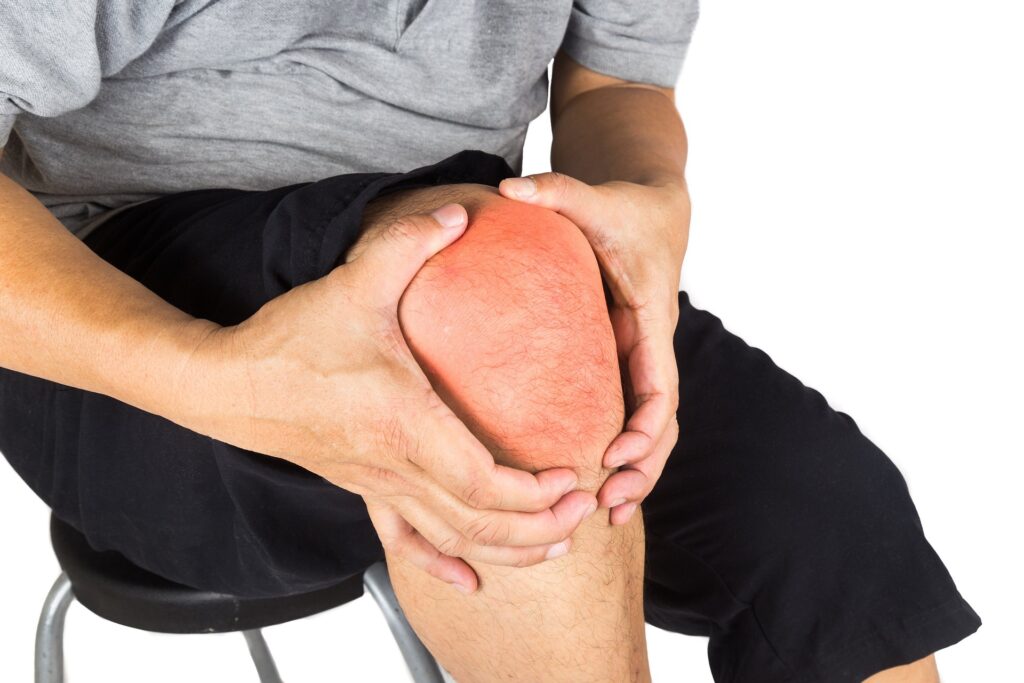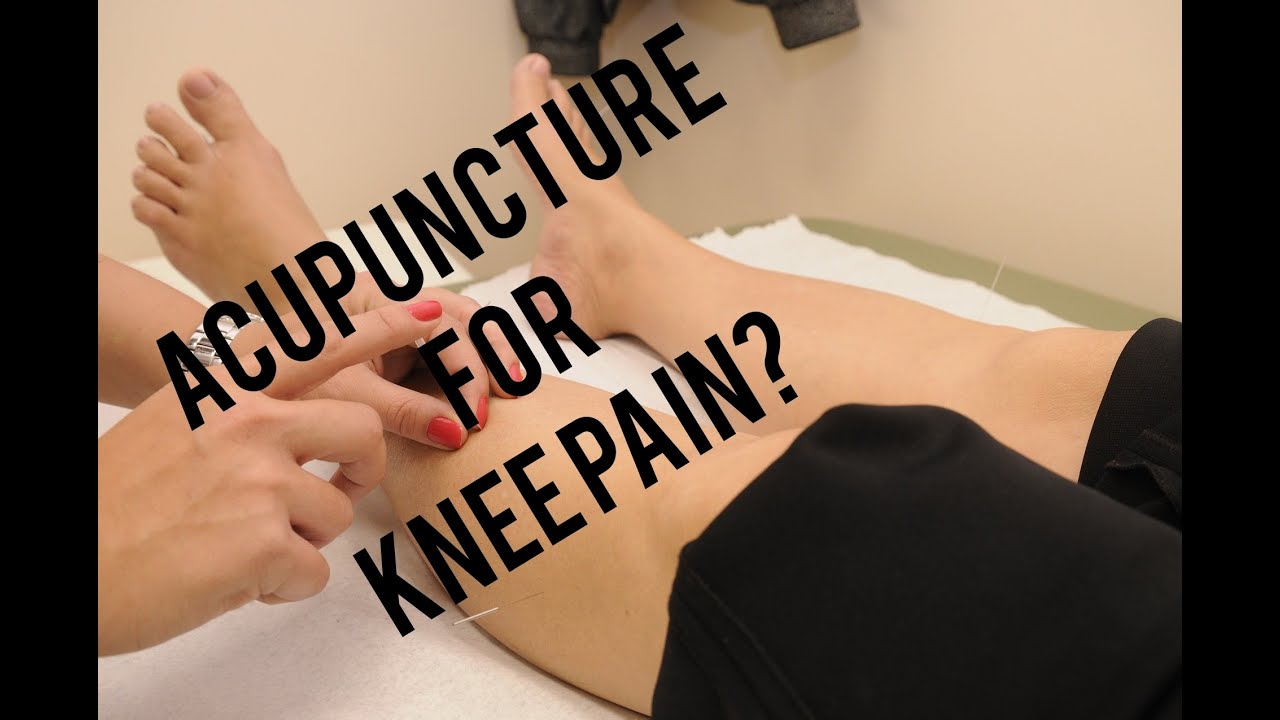Acupuncture is often considered as an integrative therapy for various health conditions, including knee pain. While its effectiveness can vary from person to person, here are some potential benefits of using acupuncture for knee pain:
- Pain Relief: Acupuncture is believed to stimulate the release of endorphins, which are the body’s natural pain-relieving chemicals. This can lead to a reduction in knee pain and discomfort.
- Inflammation Reduction: Acupuncture may help reduce inflammation in the knee joint, which is often a contributing factor to pain and discomfort.
- Improved Blood Circulation: The insertion of acupuncture needles may improve blood circulation to the knee area, promoting healing and reducing pain.
- Muscle Relaxation: Acupuncture can relax muscles around the knee, reducing tension and promoting better joint function.
- Enhanced Range of Motion: By targeting specific acupuncture points, practitioners aim to improve joint mobility and flexibility, potentially leading to an increased range of motion in the knee.
- Nerve Stimulation: Acupuncture may stimulate nerves in the knee area, which can have a positive impact on pain perception and overall knee function.
- Holistic Approach: Acupuncture is based on the principles of Traditional Chinese Medicine, which often takes a holistic approach to health. Practitioners consider not only the physical symptoms but also the individual’s overall well-being.
- Non-Invasive: Acupuncture is a non-invasive treatment option for knee pain, which can be particularly appealing to individuals who prefer to avoid surgery or medications.
- Minimal Side Effects: When performed by a trained and licensed practitioner, acupuncture generally has minimal side effects compared to some other treatments for knee pain.
- Customized Treatment: Acupuncturists often tailor their approach to each individual’s unique needs, taking into account factors such as the underlying cause of knee pain and the overall health of the person.
- Long-Term Benefits: Some people report experiencing long-lasting relief from knee pain after a series of acupuncture sessions.
- Complementary Therapy: Acupuncture can be used alongside other conventional treatments, such as physical therapy, medication, and lifestyle changes, to provide a comprehensive approach to managing knee pain.


It’s important to note that while many people find relief from knee pain through acupuncture, individual results can vary. It’s recommended to consult with a qualified acupuncturist and also discuss your options with your primary healthcare provider to ensure it’s a safe and appropriate treatment for your specific condition.


At CSJAcupuncture.com, we’re dedicated to empowering you with knowledge that promotes holistic well-being. Explore our educational resources based on clinical experience, science, and best integrative medicine practices. Embark on a journey toward a healthier, balanced life!
